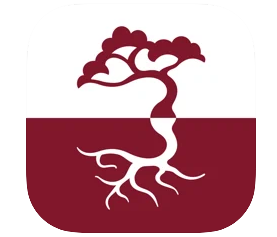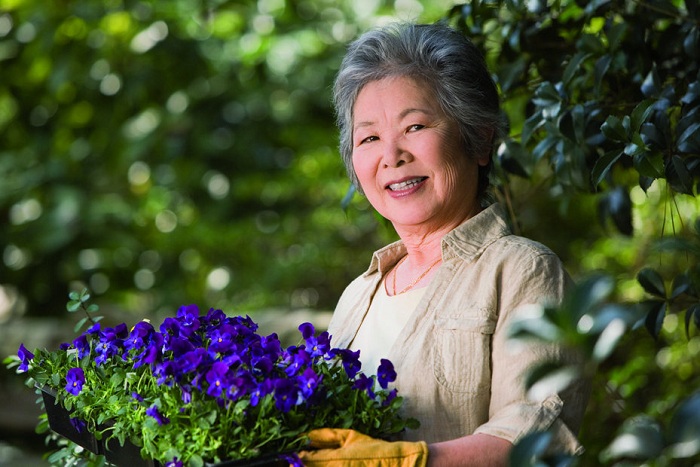Ageing is an overall degeneration process that involves almost every part of our body. There is no elixir of youth that can reverse the signs of ageing, but TCM can aid in slowing it down or, at least, promote graceful ageing.
Huang Di Nei Jing (The Emperor's Inner Canon) records that a woman starts to show initial signs of ageing, such as sallowness in the face and hair loss, at the age of 35. At 42, she will develop further signs of ageing, like sagging skin and greying hair.
In men, the signs of ageing can be observed at the age of 40, when the Kidney functions start to decline and he starts to have hair loss and problems with loose teeth.
TCM views ageing from a functional perspective. It is due mainly to the degeneration of body organs, exhaustion of basic substances like Qi, Jing, Body Fluids and mental state (Shen) in our body as well as the accumulation of metabolic wastes.
Tips to Slow Down Ageing
Ageing is inevitable for every one of us. However, with proper treatment, adequate nourishment and a positive lifestyle change, the external appearance of ageing may be delayed.
• To keep the skin looking young, nourish the Heart, Spleen and Lungs.
Herbs that help to maintain youthful skin are Ganoderma Mushroom (Lingzhi, 灵芝), Ginseng (Renshen, 人参), Chinese Wolfberries (Gouqizi, 枸杞子), Red Dates (Hongzao, 红枣), Chinese Angelica (Danggui, 当归), Fleeceflower Root (Heshouwu, 何首乌), White Fungus (Baimuer, 白木耳), Lily Bulbs (Baihe, 百合), Bird’s Nest (Yanwo, 燕窝), etc.
• To prevent hair loss and greying, tonify the Kidneys and the Liver.
Common herbs used to treat hair loss and greying include Glossy Privet Fruits (Nvzhenzi, 女贞子), Fleeceflower Root (Heshouwu, 何首乌), Black Sesame Seeds (Heizima, 黑芝麻), Chinese Angelica (Danggui, 当归), Cordyceps (Dongcongxiacao, 冬虫夏草), Lingzhi, Cnidium (Chuanxiong, 川芎), and Prepared Rehmannia Root (Shoudihuang, 熟地黄).
• To regulate the function of the organs and meridians, stimulate the flow of Qi via acupuncture, acupoint massage and moxibustion.
• To prevent signs of Spleen weakness associated with ageing – such as weakness of the limbs, a sallow complexion, pale lips, puffy eyes and sagging skin – fortify the Spleen and promote Qi production.
Common herbs that help invigorate the Spleen include Longan Fruit (Longyanrou, 龙眼肉), White Peony Root (Baishao, 白芍), Chinese Angelica, Codonopsis Root (Dangshen, 党参), and White Atractylodes (Baizhu, 白术).
• To prevent Liver and Kidney-related signs of ageing like blurred vision, diminished hearing, hair greying, joint stiffness, menstrual problems, clumsy movements, fragile bones and an overall decrease in energy and vigour, you should invigorate the Kidneys and the Liver.
Consuming herbs such as Chinese Yam (Huaishan, 淮山), Chinese Wolfberries, Dodder Seeds (Tusizi, 菟丝子), Solomon’s Seal Rhizome (Yuzhu, 玉竹), Cordyceps (Dongcongxiacao, 东虫夏草), and Prepared Rehmannia Root (Shoudihuang, 熟地黄) may help.
• To maintain a healthy mental state, nourish the Heart, invigorate the Spleen and sooth the Liver.
Herbs that nourish the Heart include Chinese Dates (Dazao, 大枣), Lily Bulbs, Poria (Fuling, 茯苓), and Longan Fruit. Herbs that invigorate the Spleen are listed above. Herbs that soothe the Liver include Hare’s Ear Root (Chaihu, 柴胡), White Peony Root, and Thinleaf Milkwort Root (Yuanzhi, 远志).




